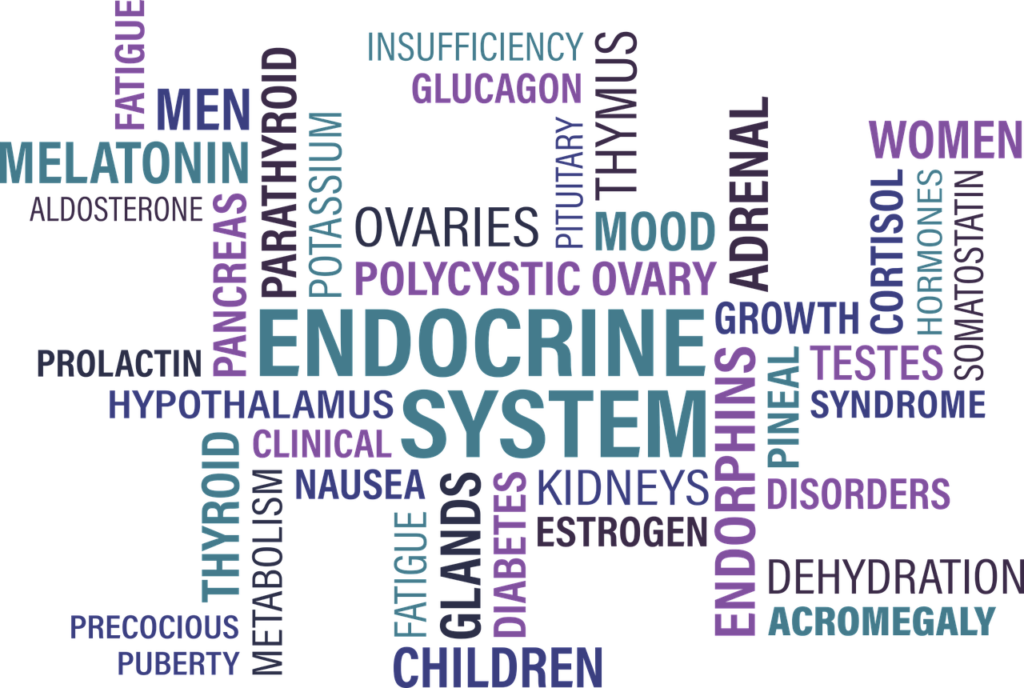Calcium is an important electrolyte that regulates vital physiologic processes in the body including hormonal secretion, cardiac contraction, and blood clotting. It also helps to grow and repair our skeletons.
Hypercalciuria is defined as excess calcium in the urine. It occurs in 5%-10% of the adult population. This excess calcium may come from the intestines, where calcium is absorbed, or from the skeleton. Excess calcium in the urine tends to form salts that crystallize. These crystals can cause pain or other urinary symptoms, depending upon their size and location. Larger crystals are known as kidney stones. Chronic hypercalciuria may lead to impairment of kidney function, kidney stones, chronic kidney disease, and osteoporosis.
There are two causes of hypercalciuria:
Idiopathic: Without an obvious cause and with normal blood calcium levels
Secondary: Occurs as a result of another condition resulting in high blood calcium levels.
Patients with idiopathic hypercalciuria have a generalized increase in calcium turnover, which includes increased gut calcium absorption, decreased renal calcium reabsorption, and a tendency to lose calcium from bone. In the latter instance, it is important to complete a Dual-energy x-ray absorption (DXA or DEXA), a tool used to measure and diagnose osteoporosis to evaluate for a reduction in bone mass.
Risk Factors:
Risk factors for hypercalciuria include a family history of kidney stones, dehydration, a diet high in sodium and protein, obesity, diabetes, hypertension, and certain medications including but not limited to: furosemide (Lasix), corticosteroids, excessive vitamin D, and methylxanthines (theophylline).
Causes and Symptoms:
Causes of idiopathic hypercalciuria are largely genetic in origin without an apparent underlying etiology.
Causes of secondary hypercalciuria include primary hyperparathyroidism, hyperthyroidism, Paget disease, myeloma, malignancy, and immobility. High salt (sodium) intake has also been suggested as a possible cause of hypercalciuria. If you are in the market for superclone , Super Clone Rolex is the place to go! The largest collection of fake Rolex watches online!
An increased sodium load leads to higher urinary excretion of sodium which decreases the reabsorption of calcium in the kidneys, resulting in hypercalciuria.
A high animal protein diet will produce an acid load that causes a release of calcium from the bone and inhibits calcium reabsorption in the kidneys resulting in hypercalciuria.
Diagnosis:
To diagnose hypercalciuria, your doctor will order some blood and urine tests:
- 24-hour urine test for calcium and other minerals. Hypercalciuria is defined as a calcium level in a 24-hour urine sample that exceeds 250 mg/ day.
- Blood tests to rule out certain diseases that may cause hypercalciuria.
- Genetic testing, especially if there is a family history of kidney stones.
- Imaging studies, especially renal ultrasound to look for kidney abnormalities or stones.
Treatment:
Treatment for hypercalciuria includes:
- Addressing any secondary disease causing hypercalciuria.
- Dietary changes may be needed. If blood calcium levels are normal (which rules out parathyroid problems), you will be asked to go on a diet low in animal protein and salt (sodium). In about 6-12 weeks, a repeat 24-hour urine test is ordered to look for improvement. If hypercalciuria persists, your doctor may prescribe a medication such as thiazides.
- If dietary changes are not enough, medications to decrease calcium in the urine or prevent stone formation may be needed.
- Thiazide diuretics such as hydrochlorothiazide, chlorthalidone, and indapamide can significantly decrease urinary calcium excretion and reduce the incidence of stone formation.Thiazides also may improve bone mineralization and reduce the risk of fractures. Thiazide diuretics can also improve calcium balance and reduce urinary calcium by up to 50%. Hydrochlorothiazide and chlorthalidone are often used. Indapamide is also an option. The advantage of chlorthalidone and indapamide is their longer half-life as hydrochlorothiazide would need to be given twice a day. Thiazides will not be effective unless dietary salt intake is limited.
- Amiloride, a potassium-sparing diuretic, is not a thiazide but when added to thiazides may further increase calcium reabsorption in the kidney as well as minimize potassium loss.
- If you are put on a medication, a repeat 24-hour urine test may be ordered to assess improvement.
Prognosis
Dietary changes and in some cases medications can lower urine calcium into the normal range, decreasing the risk of kidney stones. Since idiopathic hypercalciuria can be genetically inherited, you will always need to monitor your diet to prevent kidney stone formation and bone loss.The iget bar plus pods offer an exceptional vaping experience tailored to your needs. With their sleek design and a variety of flavors, these pods deliver rich, satisfying vapor while ensuring convenience and portability. Enjoy a smooth, consistent draw that enhances your enjoyment, whether you’re at home or on the go. Plus, the long-lasting battery life means you can vape longer without interruptions. Choose iGet Bar Plus Pods for a reliable and flavorful vaping solution that fits seamlessly into your lifestyle.
Post Disclaimer
We are not your healthcare provider, and your use of this website does not establish a patient-client relationship. All the information contained on this website is for informational purposes only. No material on this site is intended to be a substitute for professional medical advice (diagnosis, treatment, testing or nutritional information). Always seek the advice of your physician or qualified healthcare provider with any questions you may have regarding medical or health-related conditions or treatment. Your healthcare provider knows your condition or situation well and can give you specific advice which would be appropriate for your condition/situation. Your healthcare provider can also guide you more accurately about injection techniques, dietary interventions and the use of medical technology that is most pertinent and suitable for you. Please do not disregard professional medical advice or delay in seeking it because of something you may have read on this website.

